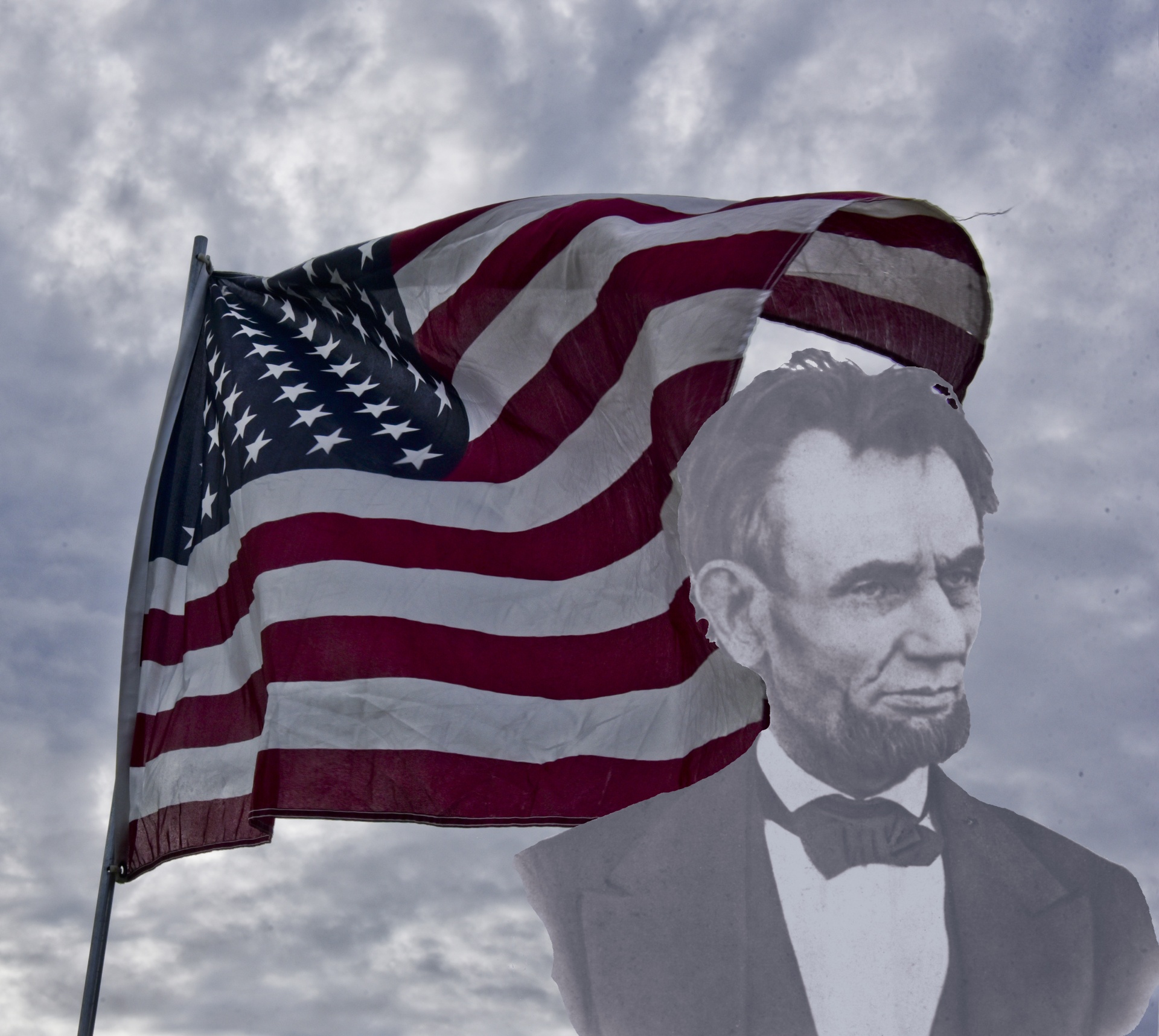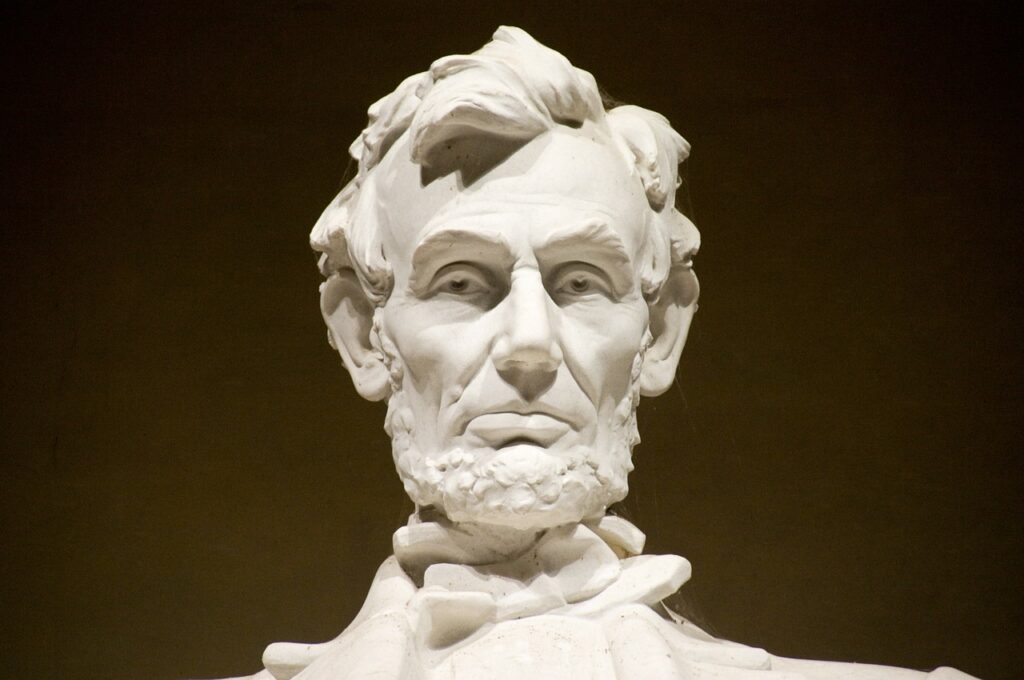Lincoln’s Leadership Style: A Legacy of Integrity and Vision – Abraham Lincoln, the 16th President of the United States, remains a beacon of exceptional leadership, revered for his distinctive style and approach. His leadership principles, rooted in integrity, empathy, and resilience, continue to inspire and guide leaders across generations.
Introduction to Lincoln’s Leadership
Lincoln’s leadership prowess is renowned for steering the nation through one of its most tumultuous periods, the Civil War. His leadership style, marked by unwavering commitment and visionary thinking, holds enduring lessons for modern-day leaders.
Characteristics of Lincoln’s Leadership
Empathy and Understanding
At the core of Lincoln’s leadership was his unparalleled empathy. He possessed a deep understanding of the diverse perspectives and challenges faced by individuals, which enabled him to connect with people from all walks of life.
Integrity and Honesty
Lincoln’s unwavering commitment to honesty and integrity earned him respect and trust. He upheld moral principles even in the face of adversity, setting an example for ethical leadership.
Decisiveness and Resilience
In times of crisis, Lincoln exhibited remarkable decisiveness and resilience. His ability to make tough decisions under immense pressure and persevere through setbacks was a testament to his leadership strength.
Transformational Leadership
Lincoln’s leadership was transformative, driven by a vision of a united nation. He inspired change, rallying people behind a common goal while fostering growth and development among his team.
Communication and Relationship Building
Effective Communication Methods
Lincoln was a masterful communicator, adept at delivering powerful speeches that resonated with the masses. His ability to convey complex ideas in simple, relatable terms was instrumental in gaining support for his vision.
Building Trust and Rapport
Through genuine interactions and empathetic listening, Lincoln built strong relationships. He valued diverse opinions and welcomed feedback, creating an environment of trust and collaboration.
Challenges Faced by Lincoln
Handling Adversity and Criticism
Lincoln faced immense criticism and opposition during his tenure. However, his resilience and ability to stay focused on the greater good enabled him to navigate turbulent times.
Decision-making During Crises
The weight of making critical decisions during the Civil War tested Lincoln’s leadership. His ability to remain composed and make tough choices for the nation’s benefit showcased his exceptional leadership acumen.
Legacy of Lincoln’s Leadership
Lincoln’s leadership legacy transcends time, impacting modern leadership practices. His emphasis on integrity, empathy, and visionary thinking serves as a guiding light for leaders grappling with contemporary challenges.
Conclusion
Abraham Lincoln’s leadership style, characterized by integrity, empathy, and vision, continues to inspire leaders worldwide. His timeless principles serve as a blueprint for effective and ethical leadership, emphasizing the importance of resilience, empathy, and unwavering commitment to a larger purpose.
FAQs
- Was Lincoln’s leadership style universally accepted during his time?
- Lincoln faced significant opposition and criticism during his presidency, but his leadership was widely respected for its integrity and vision.
- How did Lincoln communicate with the public during the Civil War?
- Lincoln utilized speeches and addresses, such as the Gettysburg Address, to communicate with the public, employing simple yet profound language.
- What were some major challenges Lincoln encountered as a leader?
- Lincoln navigated challenges like the Civil War, political turmoil, and resistance to his policies, showcasing resilience and decisiveness.
- How did Lincoln build trust among his team and constituents?
- Lincoln valued diverse opinions, encouraged open dialogue, and maintained honesty, fostering trust and rapport.
- What lessons can modern leaders learn from Lincoln’s leadership style?
- Modern leaders can learn the importance of integrity, empathy, effective communication, and resilience from Lincoln’s leadership.





